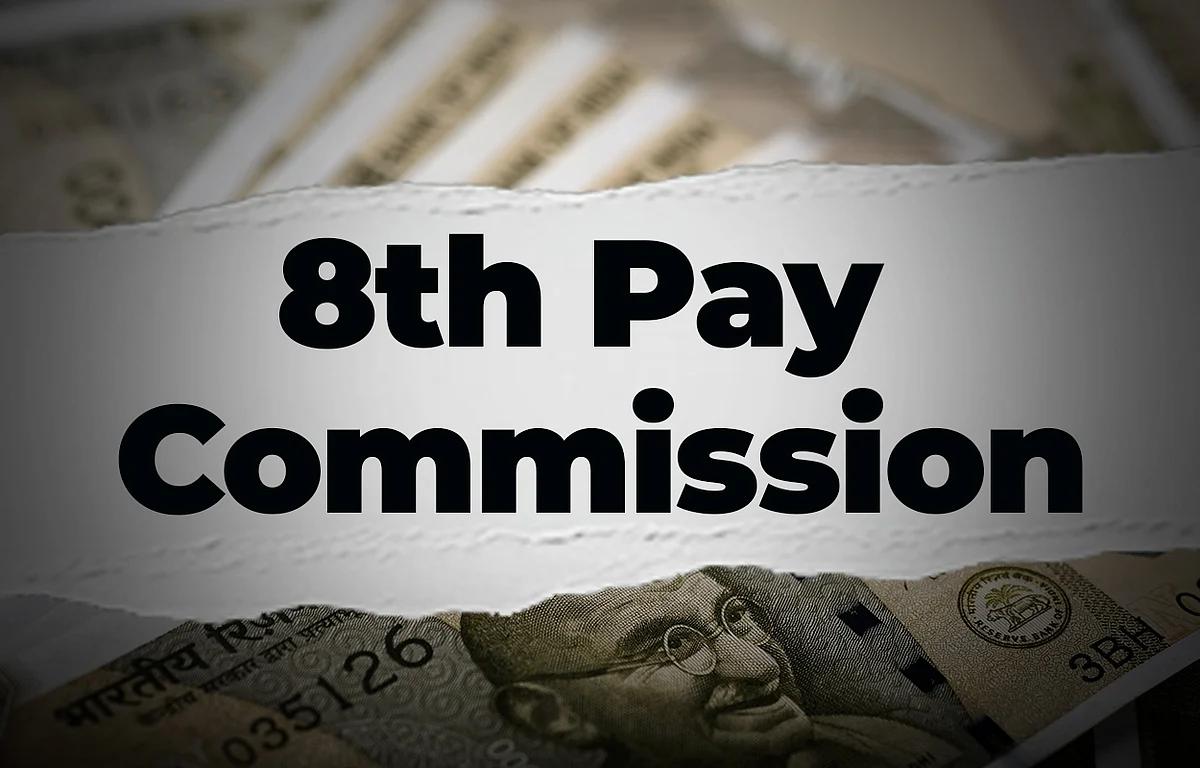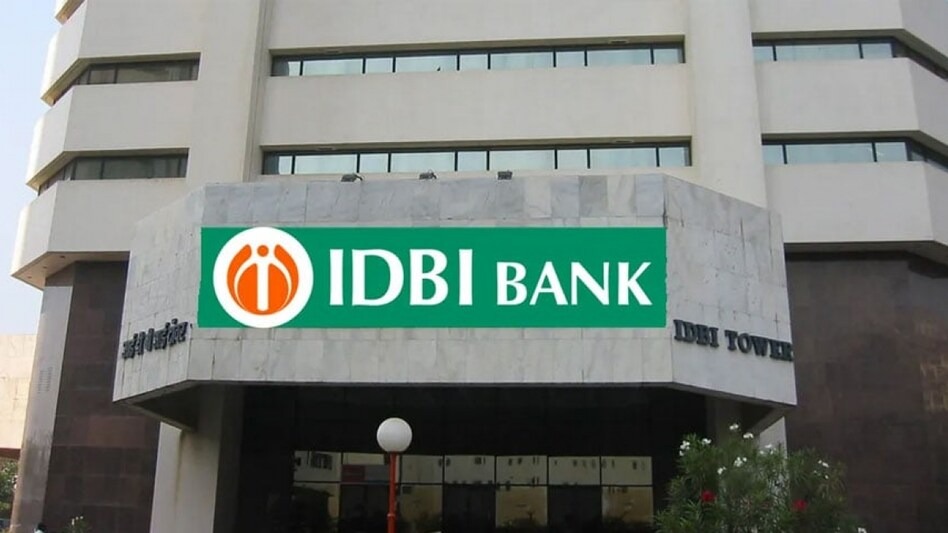 Image Source: NDTV Profit
Image Source: NDTV Profit
Key highlights
Central government employees and pensioners across India are eagerly awaiting clarity on the rollout of the 8th Central Pay Commission (CPC), which promises significant changes to salaries, pensions, and allowances. As of July 2025, here’s where things stand:
Timeline and Implementation
The 8th Pay Commission was approved by the Union Cabinet in January 2025, aligning with the tradition of a 10-year cycle for CPC reviews. However, despite the formal announcement, as of mid-July 2025, the government has not yet finalized the Terms of Reference or appointed the Commission's Chairperson and members, which has sparked concern and parliamentary questioning.
The recommendations are generally expected to be finalized by December 2025. Most sources and expert reports anticipate that the new pay scales and benefits will take effect from January 1, 2026—provided there are no further delays. However, due to procedural lags, some analysts suggest the effective implementation and disbursement could stretch into FY 2026-27, similar to the timeline of the previous (7th) Pay Commission.
Projected Salary and Pension Hike
The 8th Pay Commission is expected to recommend a 30–34% increase in basic pay, allowances, and pensions. This uplift will factor in rising inflation, changing economic realities, and enhanced benefits for over 50 lakh central government employees and 65 lakh pensioners.
Fitment factor proposals range from 2.28 to as high as 2.46, with the DA likely to reset to zero post-implementation and merged into basic salary. For instance, at a current basic pay of ₹50,000 (with DA projected at 60% by end-2025), the salary could see at least a 14% hike in the conservative scenario, up to 54% in best-case calculations.
Next Steps and Expectations
The Lok Sabha is scheduled to discuss the Commission’s status on July 21, when the Finance Ministry is expected to address pending questions and offer a roadmap on formation, notification, and rollout.
While the official pay hike and timeline are still awaiting confirmation, if delays occur, arrears are likely to be paid retrospectively from January 2026.
Sources: Staff News, Economic Times, Vajiram & Ravi
Advertisement
Advertisement




